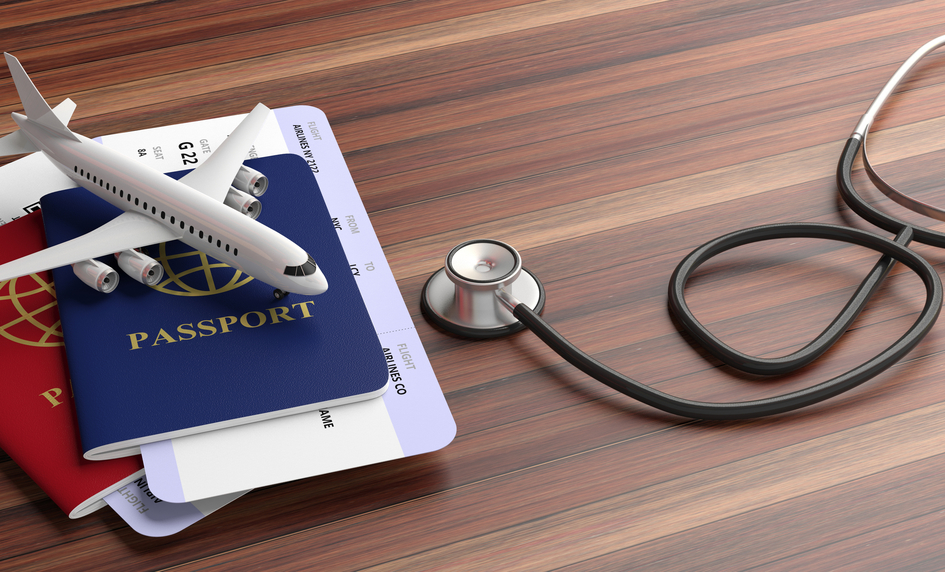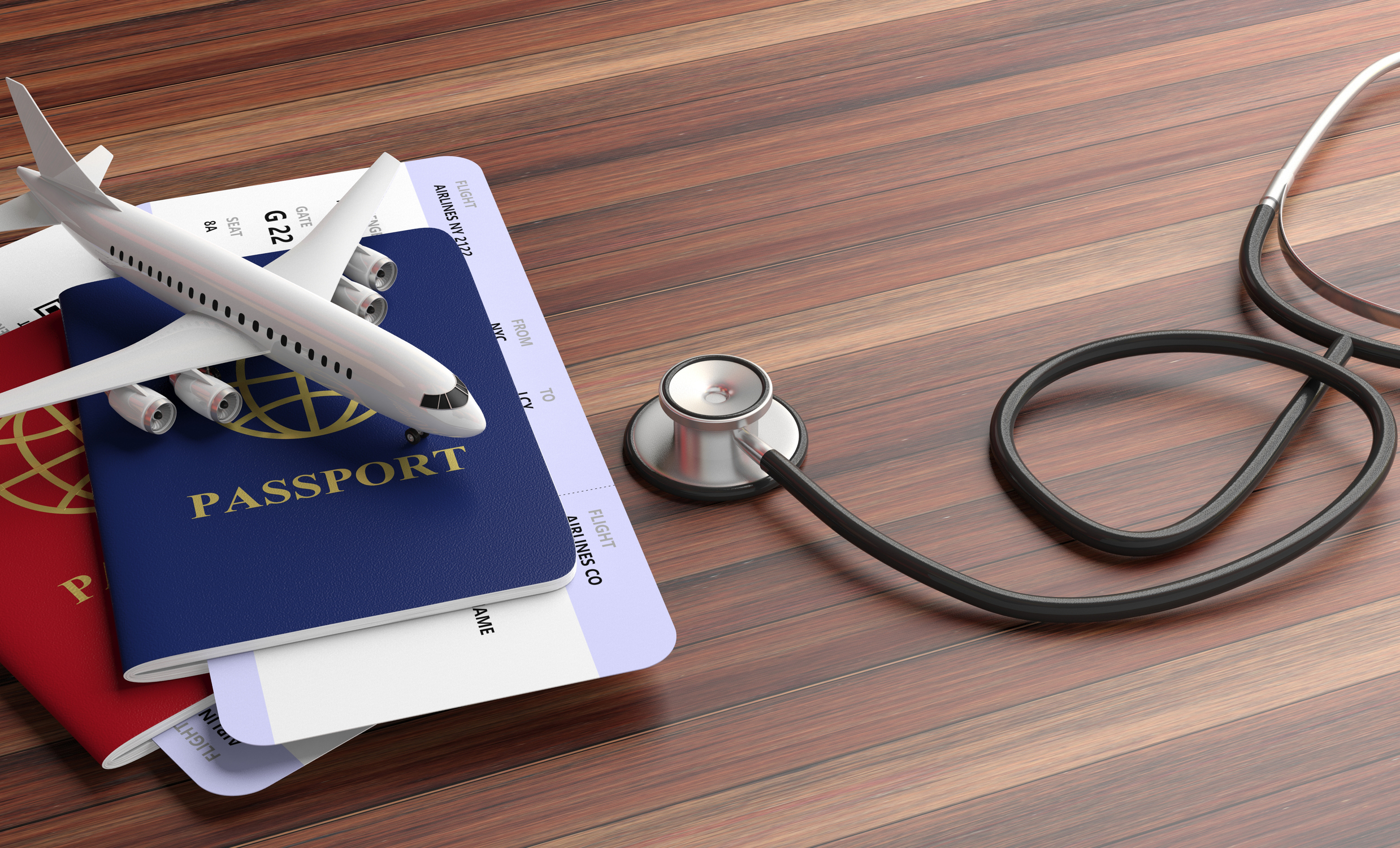
Many people travel at this time of year—to visit family or friends for the holidays or just to get away. However, this seemingly ordinary activity may present a challenge for those traveling with cancer. A little planning can go far in helping to enjoy your time away.
Here are some things to consider when making your travel plans:
Consult your provider first
Talk with your oncologist and navigator before you begin planning. Make sure this is a good time for you to go away, and ask for their suggestions with things such as medication. Depending on where you are in your cancer treatment, this should include a very candid discussion of whether now is a good time to travel. If you feel your provider is being cautious, and you are still not sure whether you have his or her okay, simply ask, “If you were in my shoes, would you travel?”
In addition, if a health concern or question comes up while you are away, can you call the oncologist’s office and talk to the navigator or doctor? If the office is closed due to the holidays, is there a backup plan?
Medications
Make sure you will have enough of all your medicines, because trying to get prescriptions filled when traveling can be challenging. According to Cancer.net, if you are taking pain medications such as opioids, it will be extremely difficult to obtain a new prescription for this class of medicine when traveling. If traveling by plane, pack your medications in your carry-on bag in case your checked bags are lost or delayed in arriving at your destination.
Medical and travel insurance
For medical insurance, see if there are in-network providers at your destination, or ask your navigator or oncologist for a recommendation. Consult your medical insurer about your coverage for emergency department or provider visits at your destination.
If your trip includes air travel and a stay at a hotel or resort, consider purchasing travel insurance. While no one wants to cancel a trip, it is reassuring to know that part or all of your money can be recouped should the need arise. If you book your trip through an online travel company, carefully check their travel insurance policy. Make sure there are no gaps in coverage and that you fully understand how a patient with cancer is covered. If the booking company does not cover you, see if your auto or homeowner/renter’s insurance company will.
Take a break
If you or a companion are driving, remember to take frequent breaks for food or rest. Also reconsider how long it takes to get to your destination. If you are driving somewhere that usually takes half a day by car, think about traveling half that distance and staying overnight at a hotel. This will allow you to rest and not do too much at one time.
Traveling in close spaces
People around you on planes, trains, and buses might be sick. It may be better to go by car and control your environment, assuming your destination is not too far. If driving is out of the question, carry antibacterial gel and use it liberally, especially when using the restroom or after your hands come in contact with other common areas. Another possibility is to wear a surgical mask while traveling in especially confined spaces, such as airplanes.
Be prepared to be surprised
Whether you find your energy level is higher than expected, or conversely, you are surprised by how fatigued you are, be prepared to be flexible and adjust your routine according to how you feel. Air travel is exhausting for someone in normal health, so if you are able to travel by plane, lighten your agenda for that day, so you don’t put too much strain on yourself.
As much as cancer is on your mind and part of your life, find time to enjoy yourself and your destination. Give the mental and emotional parts of your life a break from the disease.
Do/Did you travel while undergoing cancer treatment? We invite you to submit your travel story and tips for other patients traveling with cancer to CONQUER Cam.
















